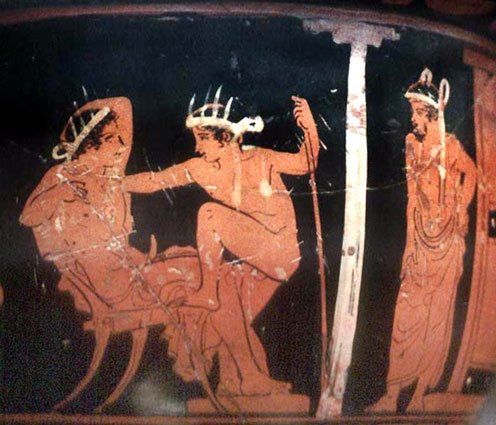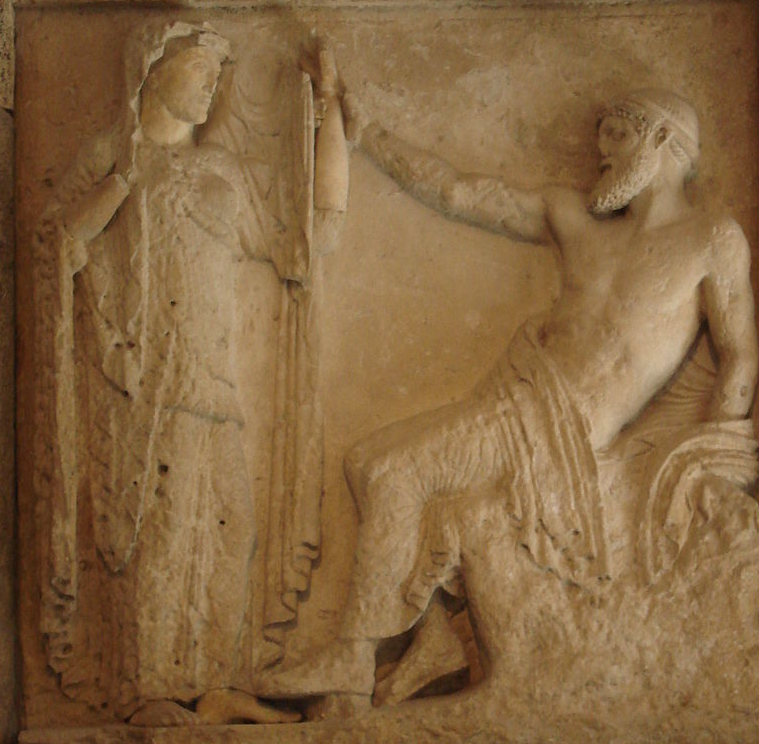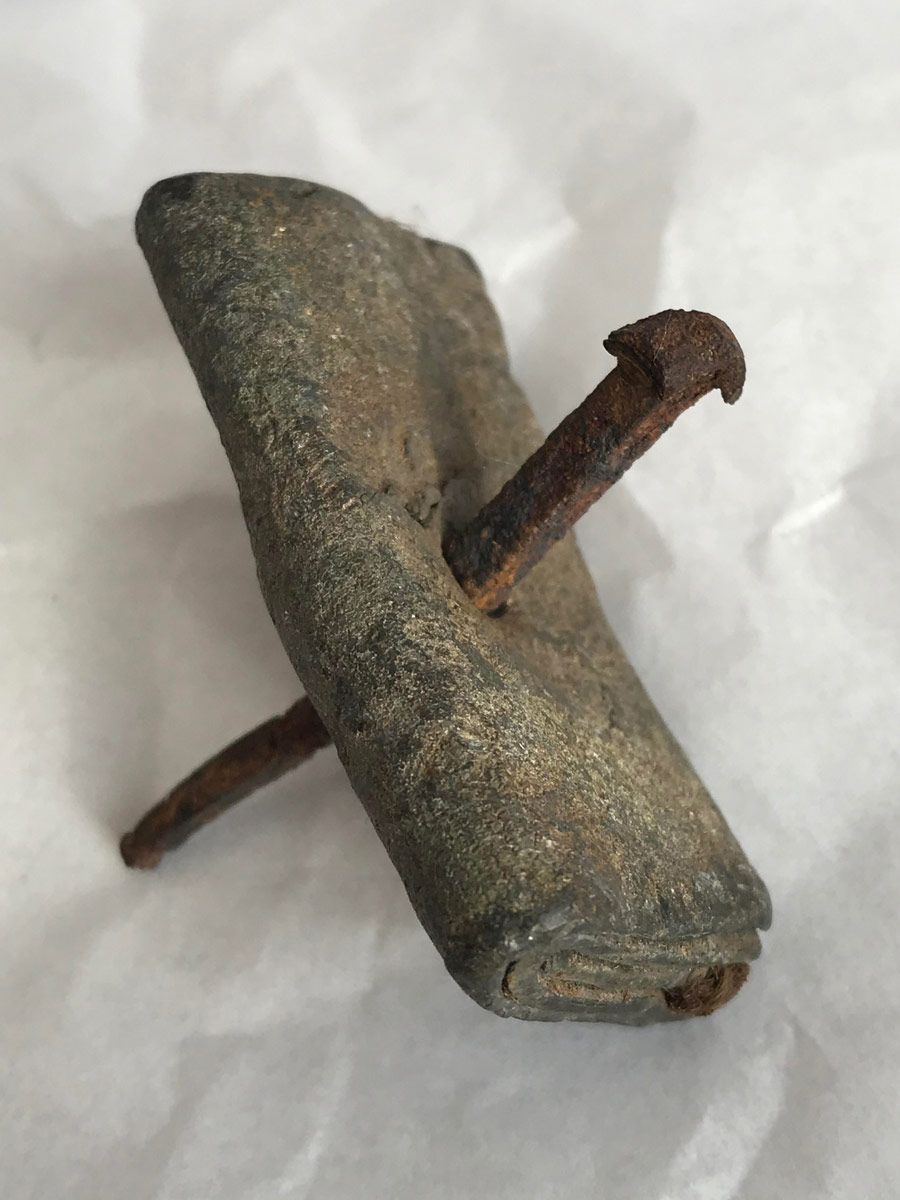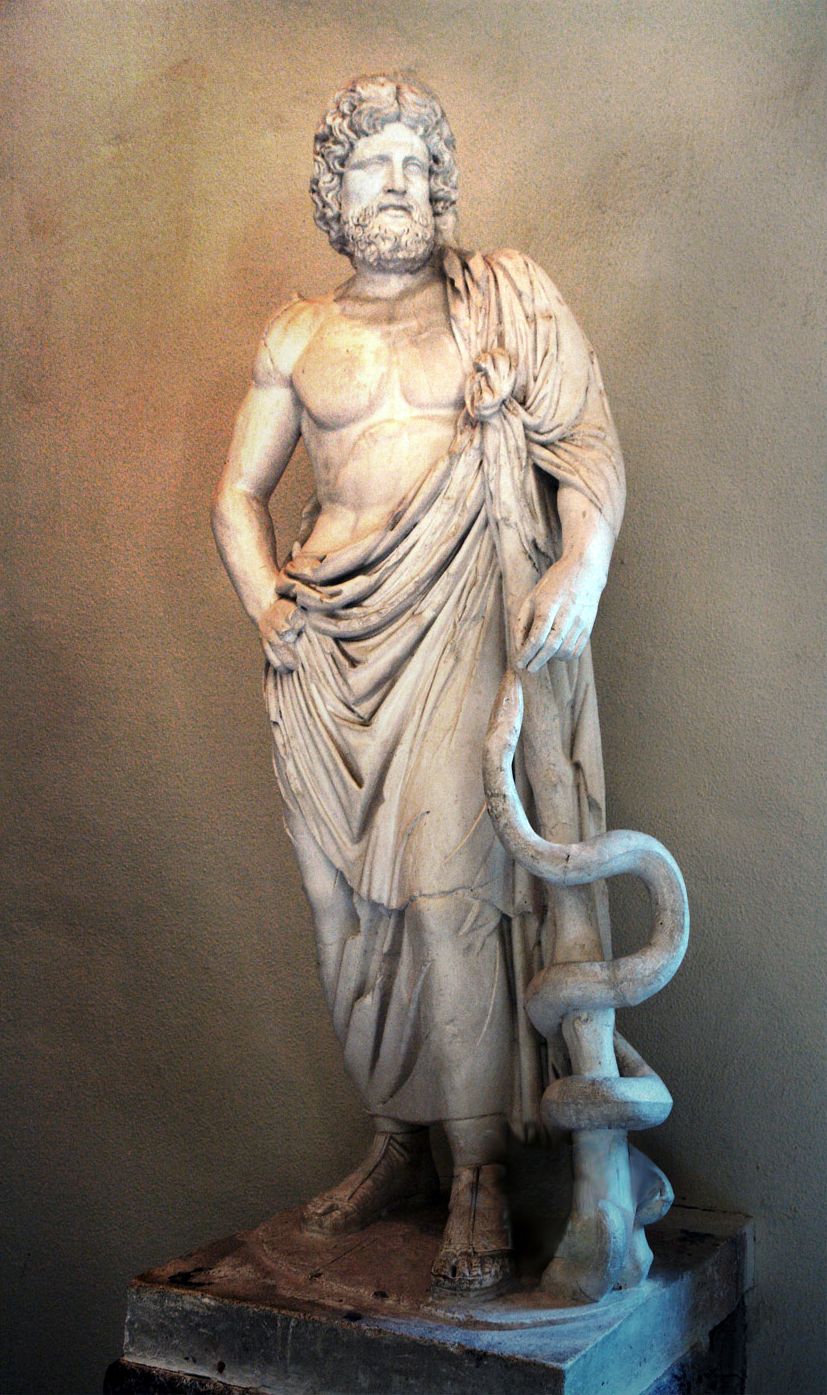Mythology Monday: Iphis and Ianthe
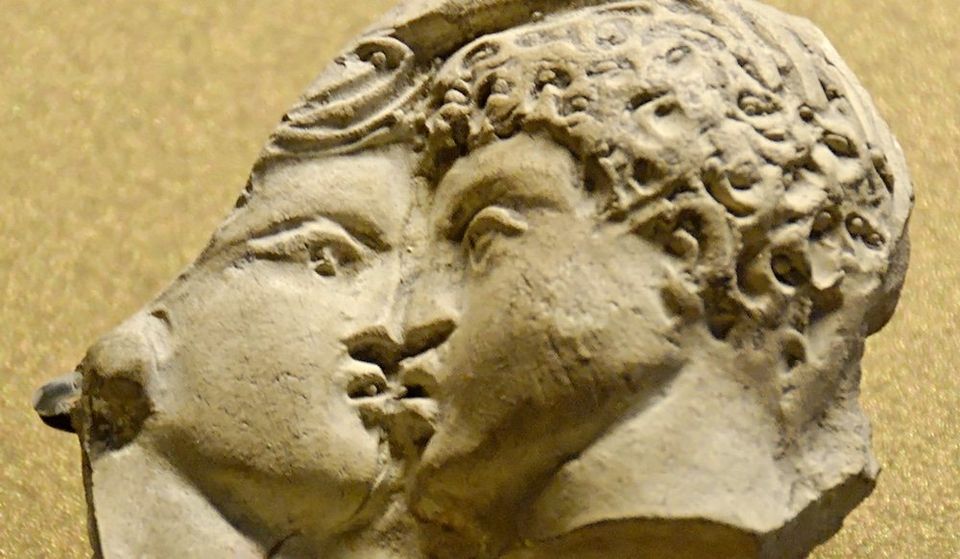
As you may know, I'm putting together an erotic myth anthology together with Jonathan Z (aka April Garrus). The Greek myth chosen by popular vote on Twitter was the story of Iphis and Ianthe. And I was glad for it, because I thought it was the best choice for the anthology.
But now that I have read the other submissions, I decided to switch to an M/M story for the sake of diversity. The overwhelming majority are M/F stories and there are also a few F/F entries, but only one M/M.
I know that some of you were already very excited about Iphis and Ianthe, so I want to stress that while the story will not feature in the anthology, I will still publish it as a stand-alone story and you will get to read it here on eroticmythology.com.
About Iphis and Ianthe
Iphis and Ianthe is one of very few stories from the Graeco-Roman world addressing same sex love between women. To my knowledge, the only surviving version of the story is the one by Ovid, who recounts it in his Metamorphoses.
The story starts with Telethusa and Ligdus who were expecting a baby. But they were poor, so Ligdus told his wife Telethusa that if she gave birth to a girl, they would have to put the child to death, because they could not afford the dowry to get her married.
In ancient Greece, a father could decide to expose an unwanted child, as a form of birth control. Exposing a child was not considered to be murder because the baby technically had a chance of being rescued by the gods or any passersby. Exposed children of the gods that were rescued by shepherds and other kindhearted mortals are therefore a common motive. The practice was prevalent in ancient Rome as well at the time Ovid wrote the Metamorphoses. And even when it was outlawed in 374 CE, it seems offenders were rarely if ever prosecuted.
Telethusa was, understandably, distraught at the thought of losing her child this way. One sleepless night, she had a vision of the goddess Isis appearing to her. Isis told her to deceive her husband and raise her daughter as a boy, promising that everything would be all right.
Iphis was born and raised as a boy without anyone noticing the deceit. This seems a bit odd because nudity among men was quite common in ancient Greece and I would assume children running around naked would also be a common sight, but Iphis was lucky, possibly protected by Isis.
But when Iphis was 13 years old, her father Ligdus told her he had found a bride for her: one of their neighbours' daughter Ianthe. This obviously created a problem because without a penis, Iphis wouldn't be able to perform on their wedding night and even if she did by way of deceit, she would never be able to give her wife any children.
Iphis, as is revealed, is passionately in love with Ianthe and it would be a happy match were it not for her true sex. She agonises about this in a very touching and relatable way, calling herself a monster, a freak, a hopeless case.
"No female ever feels love passion for another female—why is it in me? Monstrosities are natural to Crete, the daughter of Helios [Pasiphaë] there loved a bull—it was a female's mad love for the male—but my desire is far more mad than hers."
"Ianthe soon will be mine only—and yet, not my own: with water all around me I shall thirst!"
What to do? Telethusa does her best to delay the wedding again and again, but one day there are no more excuses and the day is fix.
We're entering spoiler territory now, so procede at your own risk ;-)
Telethusa, thinking of the promise of Isis that everything would turn out well, takes her daughter to the temple and both of them desperately pray to the goddess. Isis hears them and Iphis is changed into a boy.
"And on the day agreed, Venus, Juno and Hymen [the god of weddings] all have met our happy lovers at the marriage fires, and Iphis, a new man, gained his Ianthe."
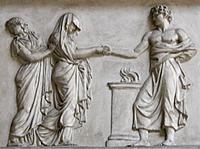
If you are wondering, like I did, why an Egyptian goddess appears in a tale written by a Roman poet and set in Greece: it has been suggested that in real life, the Romans associated female same-sex marriages with Egypt. This would explain why Ovid chose the Egyptian goddess Isis instead of Hera or any other Greek or Roman god. After Isis changed Iphis, so that a traditional Roman (heterosexual) wedding can take place, it's the Roman deities of marriage who show up to sanction the union, not Egyptian ones. That being said, both Greeks and Romans were aware of the Egyptian gods and there were temples built in honour of Isis in both Greece and Rome. The cult of Isis attracted Greeks and Romans by playing upon its exotic origins, and shrines and altars to her existed up on the Capitoline Hill in Rome as well as in Greek port cities.
Further reading:
A Love Story Without Men? Ovid and constructionism in Metamorphoses, 9.666-797
Ovid's Metamorphoses: Iphis, Latin original
Ovid's Metamorphoses: The Fable of Iphis and Ianthe, English translation by Sir Samuel Garth, John Dryden, et al (Scroll down to the last story)
